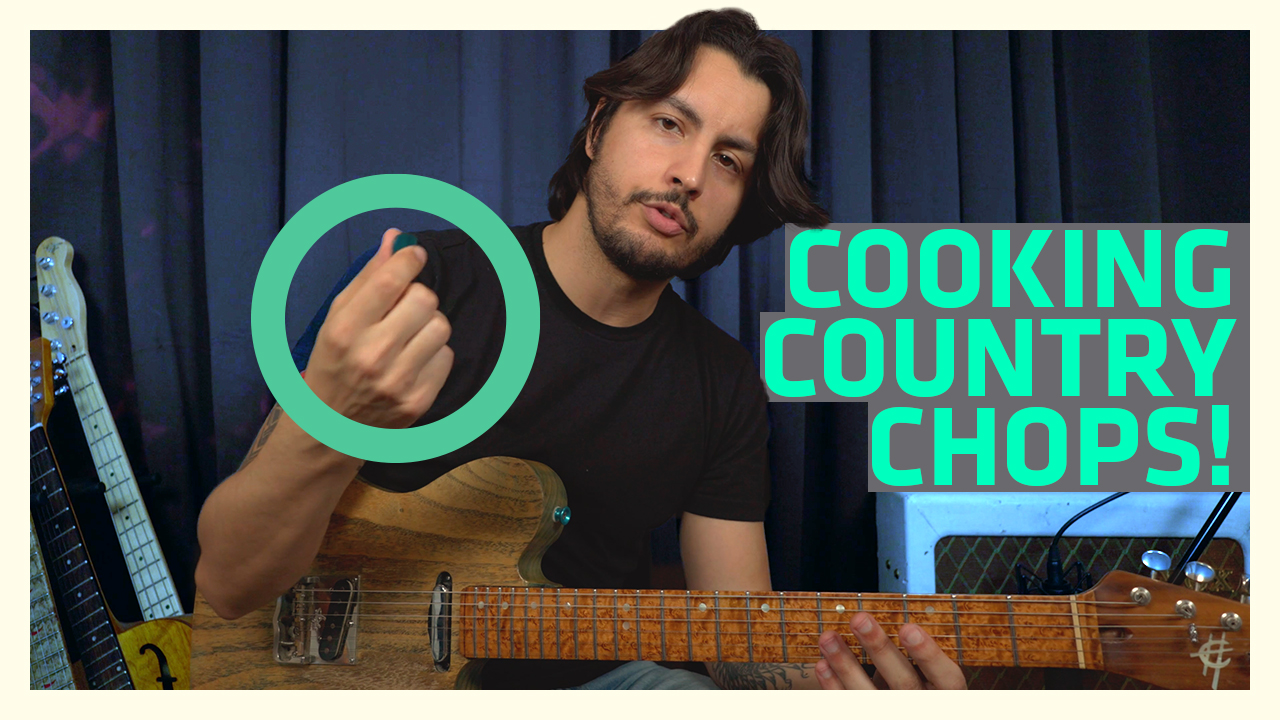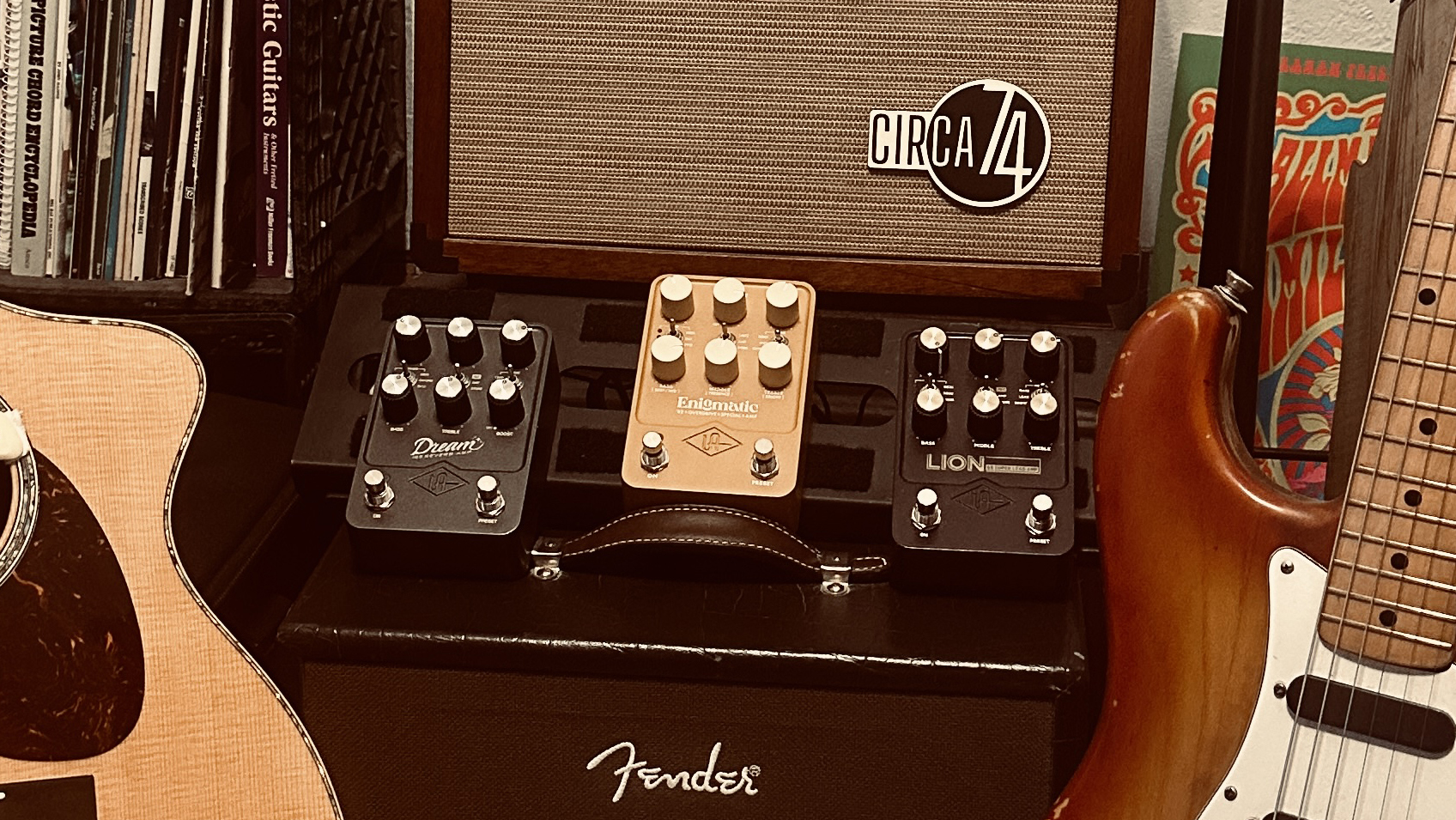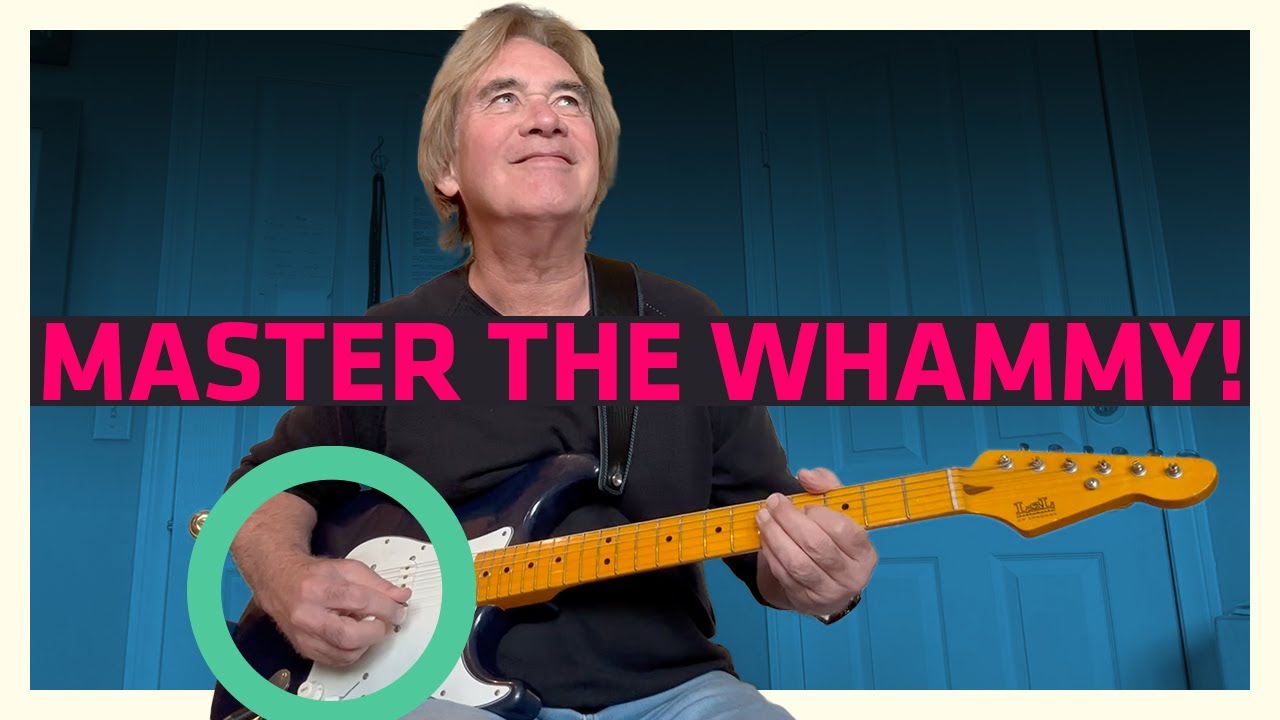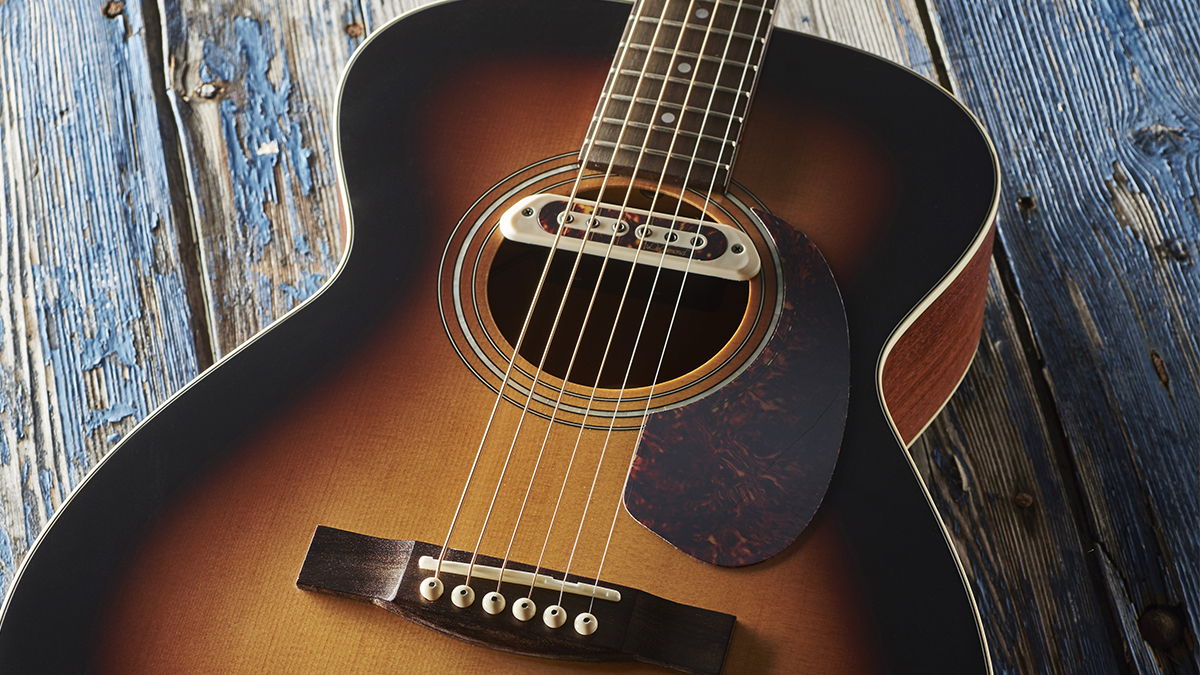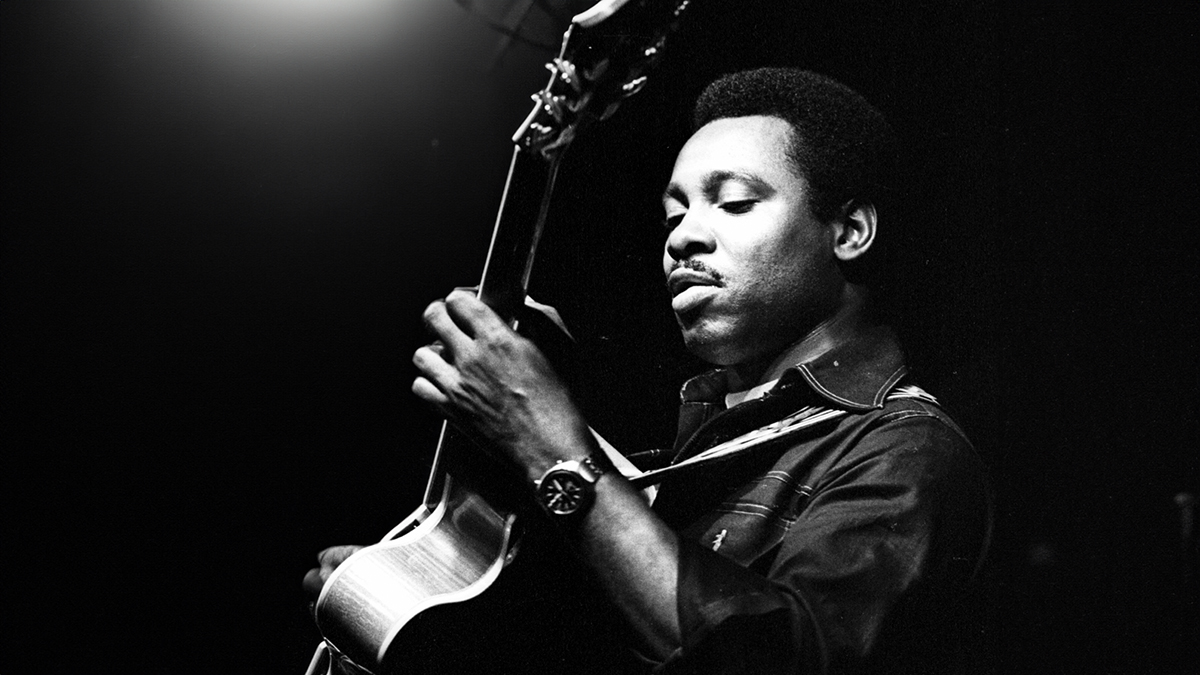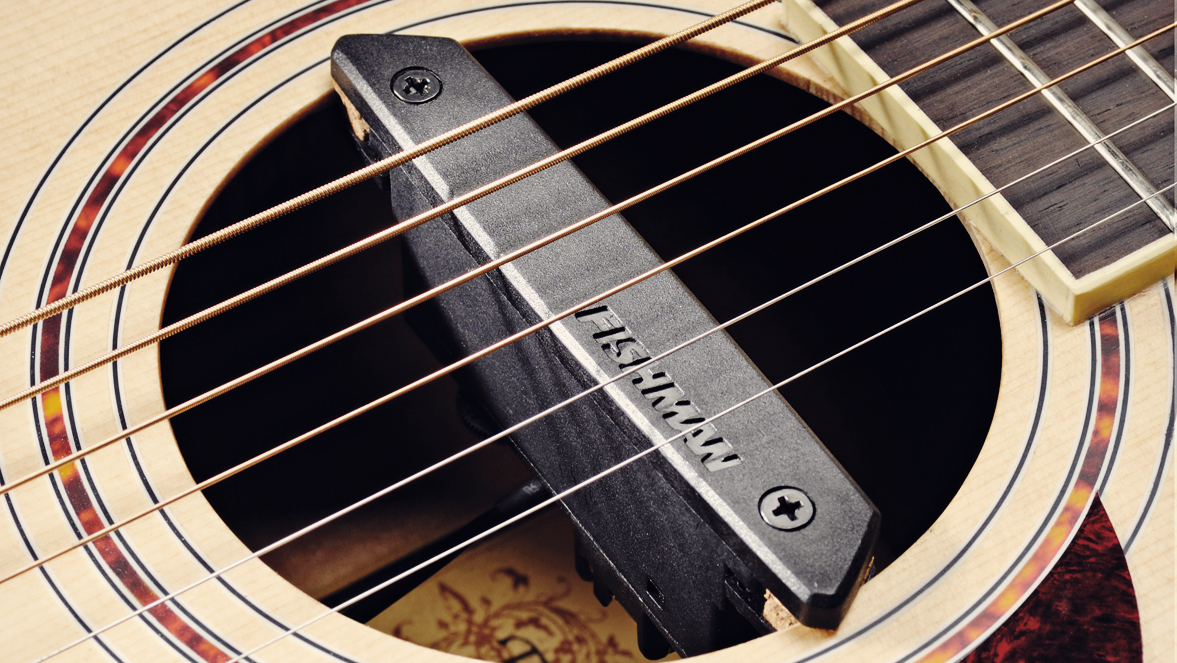"Everybody was going crazy about Yngwie Malmsteen. Joe Satriani told me, ‘Don’t get too into him...'" Alex Skolnick's Top Five Tips to becoming a better guitarist
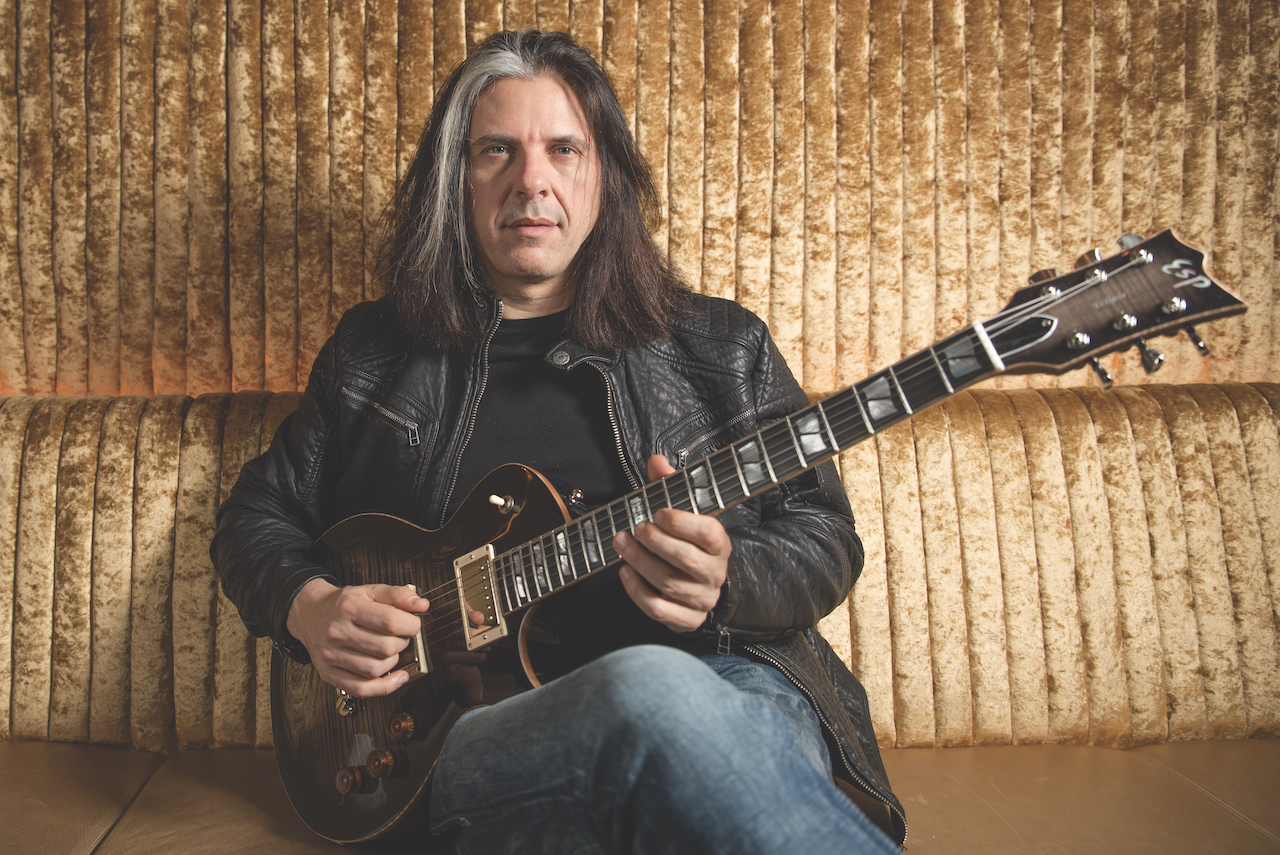
In terms of versatility, few guitarists have anything on Alex Skolnick. When he’s not slaying audiences with blitzing riffs and solos with thrash-metal titans Testament, he’s blending bebop and rock with his own jazz group, the Alex Skolnick Trio.
Clearly, he’s learned a thing or two about what to play and when, but as Skolnick points out, his evolution on the electric guitar is ongoing. “I’ve constantly got my ear out for good tips, and I’m always trying to improve my playing,” he reveals. “I notice that about my favorite players — they don’t stop. Even when they get into their 60s and 70s, they’re as passionate about learning as they were when they started.”
One might assume Skolnick’s level of proficiency requires maximum thought at all times, but somewhat surprisingly, he notes that he’s aspiring to reach a place where he doesn’t have to think at all. “That’s kind of a crazy goal I have — to be able to play a piece of music as easily as I would use a fork. I want it to be as automatic as that,” he says. “There are things I play that are effortless, but it’s certainly not everything. There’s a level of musicianship I have in my head. We’ll see if I get there.”
If you’re looking to take your playing somewhere new, get started by checking out Skolnick’s top five tips.
1. BE HONEST WITH YOURSELF
“This is very hard for many people to wrap their heads around. To be able to improve as a guitarist, you need to be honest with yourself about what you’ve got under your fingertips. Let’s face it: We all want to be great guitarists and play at a high level. There’s the aspirational side of it, but the reality can be something different. You must learn to accept where you are currently to be able to focus on the things you need to work on, and that takes humility and maturity — two traits not always common to guitarists.
“How many times have you seen a friend say, ‘I can do that’ after they hear some insane guitar solo? Well, maybe they can’t do that yet, and that’s okay. But they’ll never be able to do it if they’re not honest about the work they need to put in.
“You might be the best guitarist in your household, or maybe you’re the best on your block. But go to a big city, and guess what? You won’t be the best. There are tons of people better than you. That’s okay, too. Accept it and put in the time to practice.”
2. ENJOY THE PROCESS OF WORKING TO IMPROVE
“Years ago, when I was just starting to play, I came across this giant guitar instructional book that had far too much information for me to process at the time. There was every imaginable scale, mode, fingering and chord in this thing. I had no idea what to do with it. I thought, Oh, my God. I have to absorb all this stuff? It seemed impossible.
“Then I heard Day Tripper by the Beatles. It had that cool riff that sounded like surf guitar, and I thought, I think I can play that. I picked up the guitar and played it really close to the bridge of the guitar so I got that twangy sound. I had fun with it, and I felt inspired. Then I played The James Bond Theme, with the same kind of surf guitar sound. I had a great time just playing music. It made me feel good about myself and the progress I was making. And as a result, the idea of taking a look at that instructional book didn’t seem so overwhelming to me. Those little steps made the big steps seem reachable.”

3. DON’T TRY TO BE SOMEBODY YOU’RE NOT
“It’s easy to be swayed by the crowd. Sometimes a guitarist comes along that everybody seems to talk about, and you might be tempted to copy that player. It’s one thing to appreciate a guitarist, but if they have such a unique style, maybe it’s best to steer clear of adopting it.
“I remember when I was taking lessons from Joe Satriani. At the time, everybody was going crazy about Yngwie Malmsteen, and I liked what he was doing, too. Joe kind of told me, ‘That’s fine, but don’t get too into him. Don’t try to sound like him, because in a few years there will be somebody else who’s the hot guy.’ Which is funny, because a few years later Joe was the guy everybody was talking about. People were learning everything on Surfing With The Alien, but I tried to keep my distance, because I remembered what Joe had told me. It was kind of funny, really. Joe was a great teacher and a huge influence on me, but I knew I shouldn’t try to sound like him. He was doing his thing, but it wasn’t supposed to be my thing.”
4. DON’T LET NEGATIVITY BRING YOU DOWN
“It’s easy to get depressed about your musicianship. As I said about going to other cities and hearing great players, you might go, ‘Oh, man, I thought I was good, but I suck!’ You don’t even have to go to a big city; all you have to do is scroll on your phone and you’ll hear amazing guitarists. But it’s important to stay positive. Don’t beat yourself up. It’s one thing to be realistic, but that doesn’t have to turn into negativity.
“Negativity takes on many forms. I know plenty of amazing players who don’t get
press or awards. They could easily focus on what they don’t have, but they don’t because it won’t get them anywhere. They’re out there doing it. They love playing music, and that’s what really matters.
“I’m a weird mutant. I love metal, but I identify as jazz. I’ve gotten recognition, but
I see fans online say things like, ‘Why don’t people talk about Alex Skolnick more?’
I never think of it that way. I’m actually pretty happy about the recognition I’ve received. To me, it’s about what happens when I play and what I offer to the world. Sammy Hagar has seven Ferraris — I don’t have one Ferrari. If I wanted one, I could go into some other business and get one. But I enjoy what I do. I wouldn’t change anything.”
5. PRACTICE MATERIAL YOU HAVEN’T MASTERED, PERFORM MATERIAL YOU HAVE MASTERED, AND RECOGNIZE THE DIFFERENCE
“This is kind of a summary of a lot of what I’ve talked about. It’s about accepting where you are on the guitar while understanding where you still want to be. It’s important to take some chances live, but the stuff you play in front of people shouldn’t take too much thought. The parts you play should be fully absorbed and feel fairly automatic. That way, you can have a great time interacting with the band and the audience. It should be a celebration of how far you’ve come. There’s material that fits that comfort level.
“On the other hand, there’s material that doesn’t fall into that category — ideas you’re working on and things you aspire to. This is the stuff you should keep private for the time being. Keep practicing it and working on it. One day you’ll be able to present it to people.
“This might sound kind of obvious, but believe me, it’s something I do in my own life. There are things that I play live that I just don’t need to practice anymore — I’ve got them down. However, there are things that you haven’t heard me play yet because I’m working on them. That stuff is all delegated to practice time. The key thing is, I want to have great performances onstage and productive practice sessions, and the two aren’t the same. So don’t get them mixed up. If it’s not ready for prime time, save it until the time is right, and then all of your practice will feel worth it.”
Get The Pick Newsletter
All the latest guitar news, interviews, lessons, reviews, deals and more, direct to your inbox!

Joe is a freelance journalist who has, over the past few decades, interviewed hundreds of guitarists for Guitar World, Guitar Player, MusicRadar and Classic Rock. He is also a former editor of Guitar World, contributing writer for Guitar Aficionado and VP of A&R for Island Records. He’s an enthusiastic guitarist, but he’s nowhere near the likes of the people he interviews. Surprisingly, his skills are more suited to the drums. If you need a drummer for your Beatles tribute band, look him up.
“Write for five minutes a day. I mean, who can’t manage that?” Mike Stern's top five guitar tips include one simple fix to help you develop your personal guitar style
"It’s like you’re making a statement. And you never know where it’ll lead." Pete Thorn shares the tip that convinced Joe Satriani he was the right guitarist for the SatchVai Band

